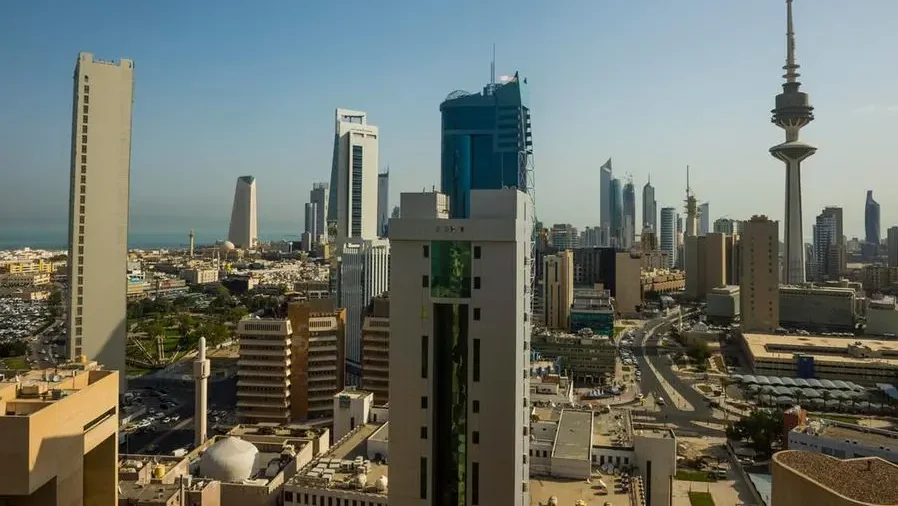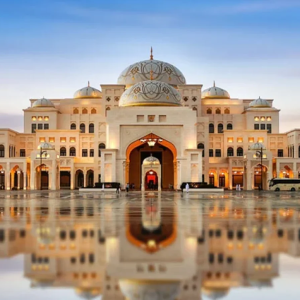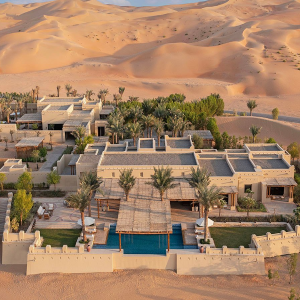A Bold Vision for a Growing Nation
Kuwait has officially launched the bidding process for a groundbreaking urban development initiative — the creation of new cities spanning over 300 hectares. This major step aims to ease the country’s growing housing pressure and provide solutions for over 100,000 Kuwaiti families in need of secure, modern homes.
The announcement marks one of the most ambitious housing projects in the country’s recent history, combining strategic urban planning, sustainability, and long-term socio-economic goals. With the government signaling strong commitment and direction, this move could reshape Kuwait’s residential landscape for generations to come.
Why Kuwait Needs New Cities Now
Like many rapidly developing nations, Kuwait has faced a rising population, evolving lifestyles, and increasing demands for better living standards. These pressures have led to a longstanding housing shortage, particularly for young families and newlyweds seeking independent homes.

The current waiting list for government-supported housing has swelled, with tens of thousands of applicants waiting years for an allocation. For many, owning a home feels like a distant dream. The government recognizes this — and through these new city developments, it aims to close the gap and turn that dream into reality.
This isn’t just about building houses — it’s about creating complete, liveable communities designed for the future.

What the New Cities Will Include
The new cities will be more than rows of residential buildings. Each is planned as a self-contained, fully integrated community, complete with:
- Housing units tailored to different family needs
- Schools, healthcare centers, and mosques
- Commercial zones, parks, and green spaces
- Transportation infrastructure including roads and public transit hubs
- Sustainability features like energy-efficient buildings and water-saving systems
In short, the goal is to build communities where families can thrive — with access to everything they need close to home.
This kind of holistic planning is expected to support not just housing needs, but also education, employment, and quality of life.
A Strategic Opportunity for Developers
The government’s opening of the bidding phase is a strategic call to both local and international developers, signaling opportunity at scale. Companies with a strong track record in urban development, engineering, architecture, and sustainability will be watching closely.
This is a rare chance to be part of a transformative national project. With 300 hectares on offer and demand from 100,000 families, the scale is immense — and so is the impact.
Authorities are encouraging proposals that bring innovative designs, efficient timelines, and cost-effective solutions. Smart technologies, green building practices, and community-oriented layouts are expected to be key themes in winning bids.
By setting high standards for quality and innovation, Kuwait hopes to attract serious players who are ready to build for the future.
Tackling the Housing Waiting List Head-On
One of the primary objectives of this initiative is to reduce Kuwait’s long-standing public housing waiting list. Many Kuwaiti citizens, particularly young couples, currently face delays of up to 15 years to receive a government home. This has created frustration and financial pressure on families who are forced to rent or live in extended family homes while they wait.

By fast-tracking the development of new cities, the government is aiming to bring relief to thousands and offer a clear path forward. The project reflects a shift from reactive measures to proactive planning, rooted in long-term thinking and community wellbeing.
More importantly, it reflects a commitment to giving Kuwaiti families the stability, privacy, and opportunity that come with home ownership.
Supporting Economic Growth and Job Creation
Beyond addressing the housing crisis, the launch of these new cities will also serve as a significant economic stimulus. Construction and infrastructure development are expected to create thousands of jobs across various sectors — from skilled trades and engineering to supply chains and administration.
Local suppliers, contractors, and service providers will have new opportunities to participate in a national-scale initiative. Additionally, the new cities themselves will support future businesses, schools, clinics, and commercial ventures, driving local economies long after construction is complete.
This is a win-win scenario: solving a social challenge while fueling economic growth and diversification.
Sustainability at the Core
In line with Kuwait’s broader goals of environmental responsibility and modernization, the new city projects are expected to embrace green principles from the start. Developers will be encouraged to prioritize sustainability through smart design, low-energy buildings, renewable energy integration, and waste reduction.
The vision is not just about expanding housing — it’s about doing so in a way that protects the environment and sets a new standard for urban development in the region.
Green spaces, walkable neighborhoods, and public transport are likely to be key elements in each city’s blueprint. These features not only reduce environmental impact but also improve quality of life for residents, promoting healthier lifestyles and stronger community connections.
Community-Centric Living: More Than Just Housing
The government’s approach is deeply human-centered. Each new city is designed to offer more than shelter — it aims to provide dignity, comfort, and opportunity.
By including educational institutions, healthcare services, mosques, recreational facilities, and cultural spaces, the new developments will allow families to build their lives in nurturing environments.
The vision is not just to build places to live, but places to belong. Neighborhoods where children can walk to school, where families can gather in parks, and where residents feel safe and supported.
In this way, Kuwait’s housing project becomes a social investment — one that strengthens the nation’s foundation for the future.
A New Model for Urban Kuwait
Historically, Kuwait’s urban development has been concentrated in and around a few major hubs. The pressure on these areas has led to traffic congestion, overburdened infrastructure, and a higher cost of living.
The development of new, strategically located cities will help ease this urban pressure. It represents a decentralization of opportunity — making it easier for families to access jobs, services, and housing without needing to live in overcrowded centers.
This balanced distribution will improve overall urban functionality, reduce commute times, and enhance national productivity in the long run.
Empowering a New Generation of Homeowners
One of the most emotional and empowering outcomes of this project will be the rise of new homeowners. For many young Kuwaitis, the chance to own a home is tied to stability, independence, and the ability to build a future.

These new cities are an investment in that dream — in giving the next generation of Kuwaitis a place to call their own. As housing becomes more accessible and communities are designed to support family life, the ripple effect will be felt across education, employment, and social wellbeing.
It’s about creating the right environment for individuals and families to thrive — and ultimately for Kuwait to grow stronger from within.
What Happens Next?
With the bidding phase now launched, developers will begin preparing proposals and designs. The selection process is expected to prioritize both speed and substance — with preference given to companies that offer thoughtful, efficient, and future-ready plans.
Once bids are awarded, construction will likely begin in phases, with clear milestones set for completion. Government oversight and public transparency are expected to remain a top priority to ensure the project stays aligned with national goals.
Residents on the housing waiting list will be watching closely — and with hope. For many, this project represents the first real movement in years toward the promise of a home.
Final Thoughts
Kuwait’s decision to launch bidding for new cities spanning 300 hectares is more than just a real estate initiative — it’s a vision for the country’s future. It’s a bold commitment to tackling one of the most personal and pressing needs of its people: a place to call home.
This project brings together innovation, compassion, and national purpose. It puts families at the center of development and shows that Kuwait is ready to build — not just buildings, but opportunity, stability, and hope.
As the bidding begins, a new chapter unfolds — one that could shape the way Kuwaitis live, grow, and dream for generations to come.
Read More.Kuwait Unearths Incredible Ancient Treasures on ‘Treasure Island












